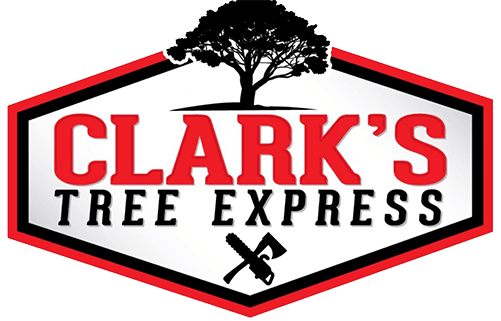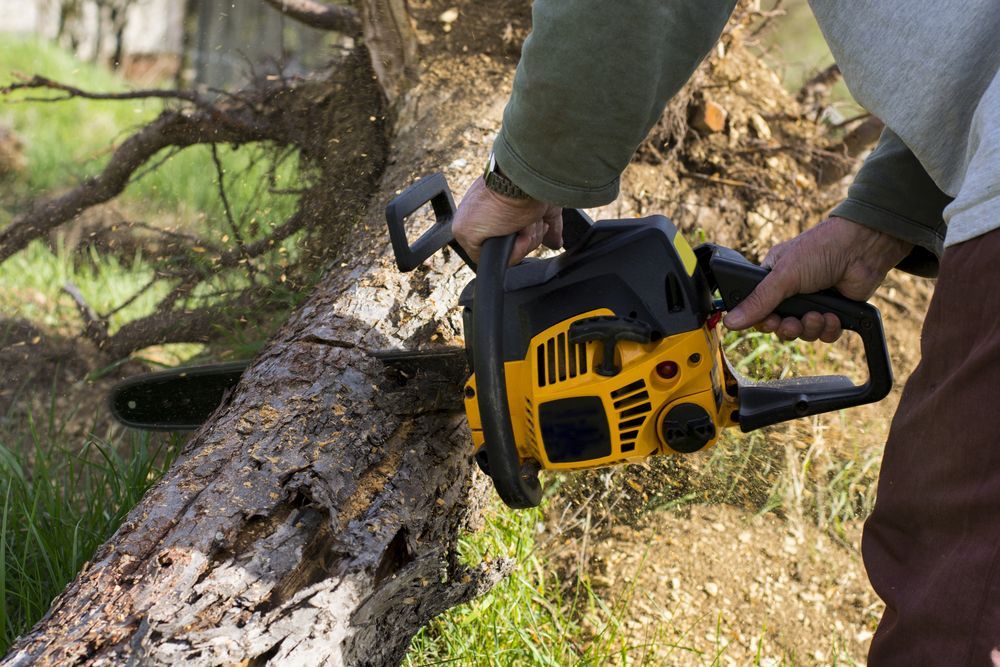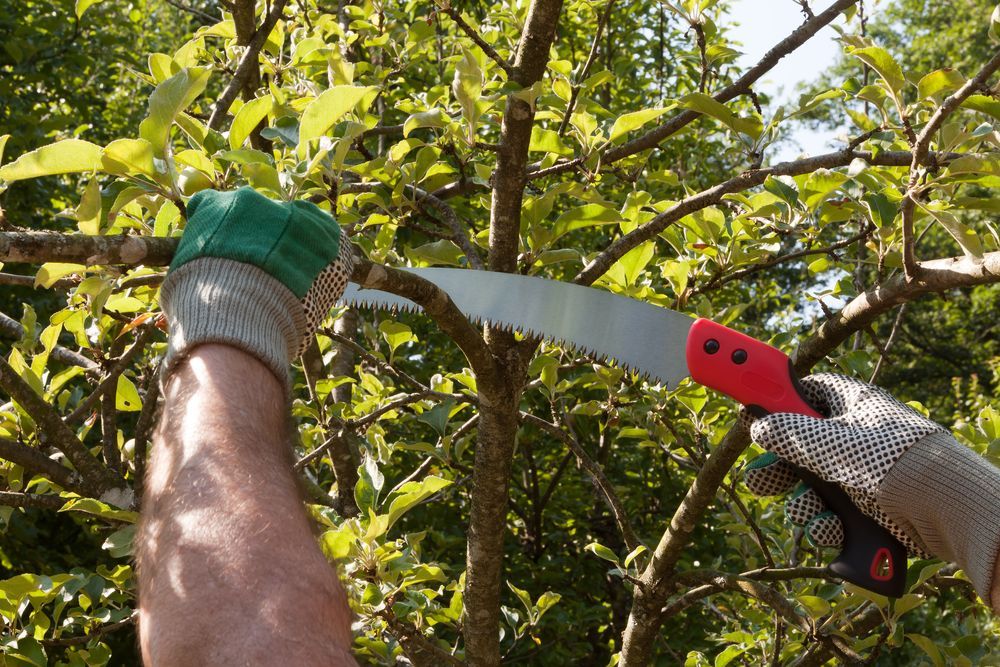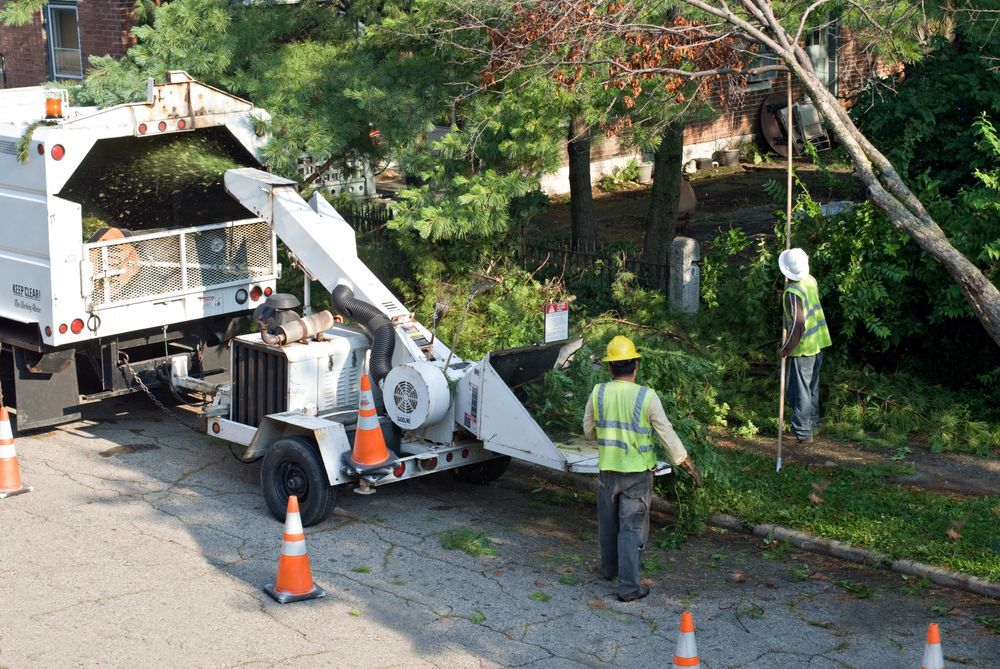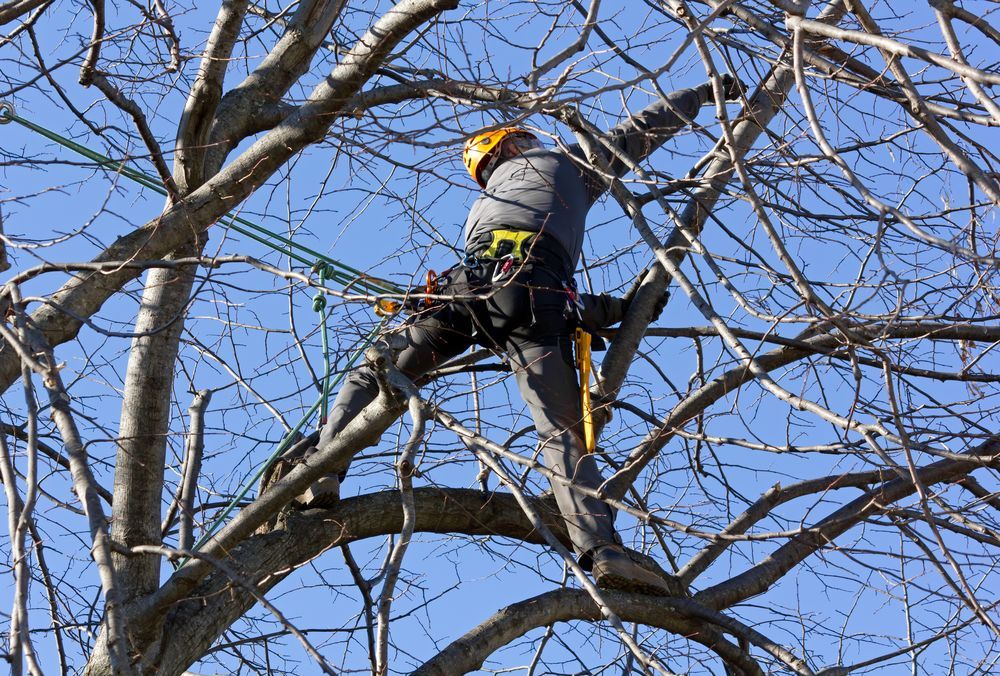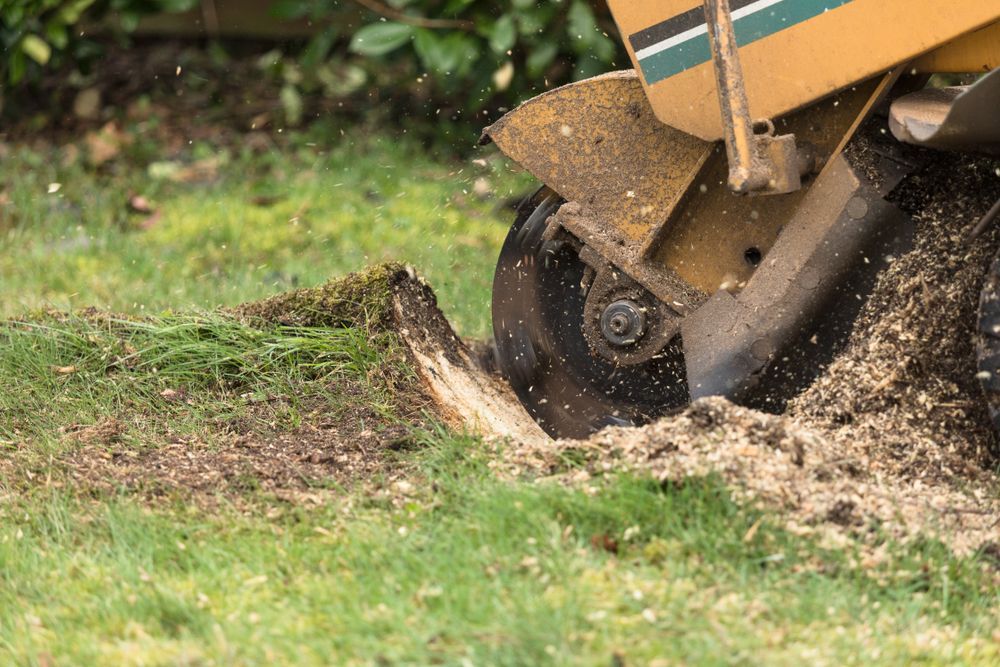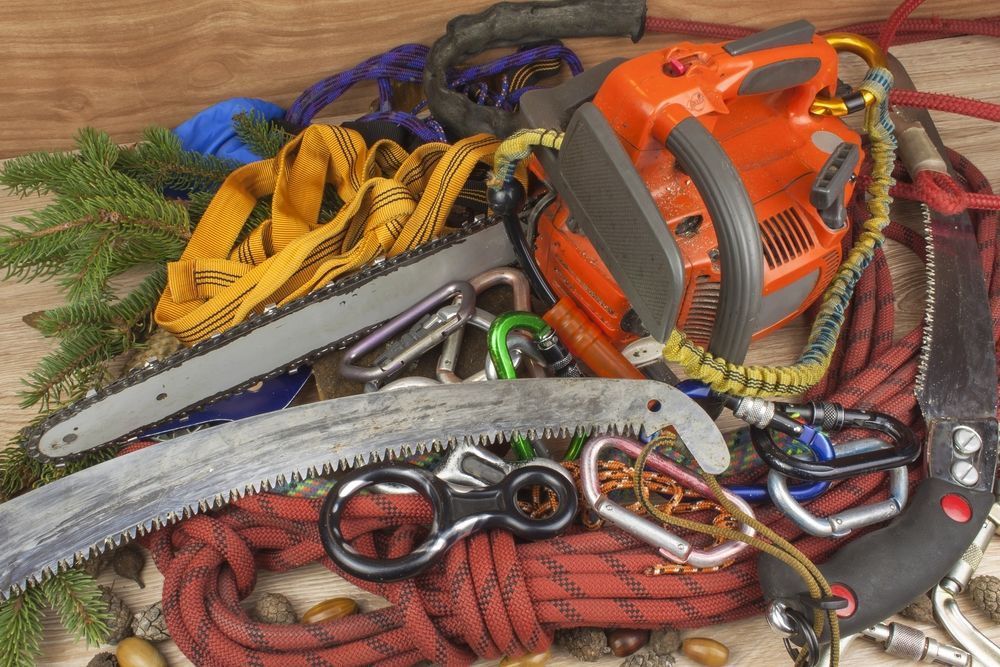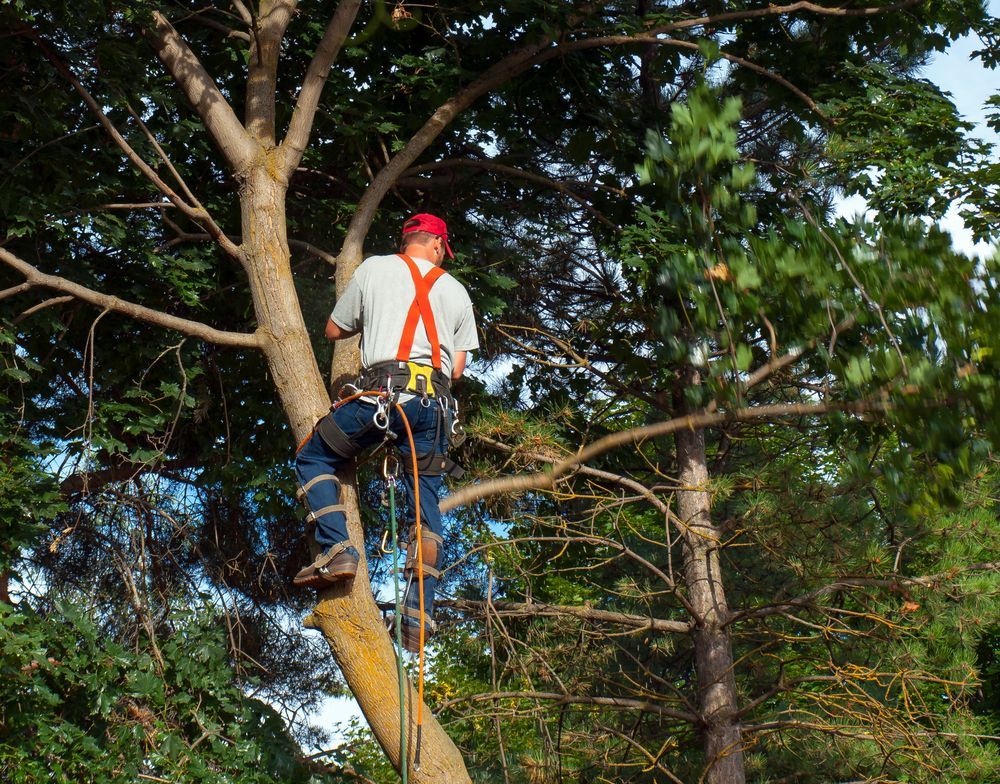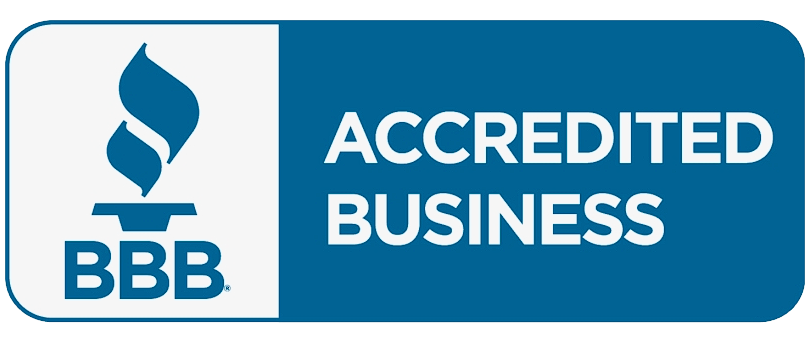The Cost Factors Behind Tree Removal Services in North Carolina
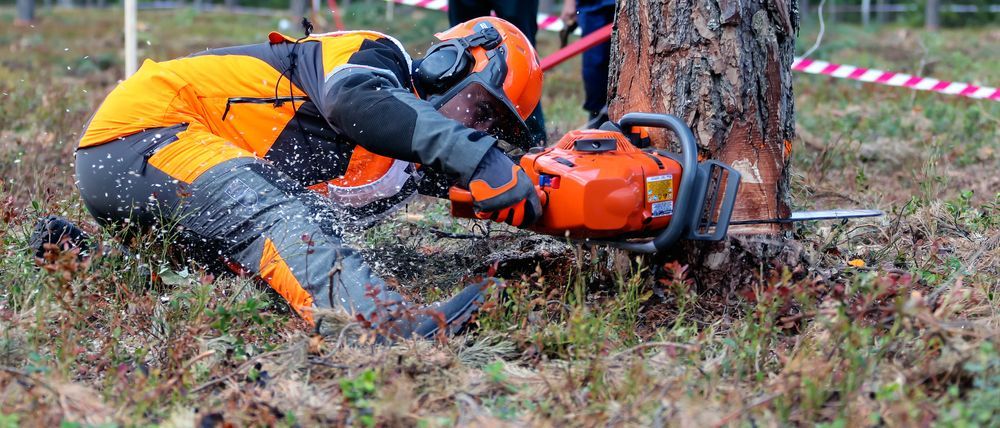
Tree removal is one of the most common — and often most misunderstood — services homeowners in North Carolina need. Whether it’s clearing space for a new project, removing storm-damaged trees, or eliminating safety hazards, the cost can vary widely.
If you’ve ever requested an estimate and wondered why one tree costs $300 to remove while another exceeds $2,000, you’re not alone. The truth is, tree removal pricing depends on several key factors, from the tree’s size and condition to its accessibility and safety risks.
This guide breaks down the main cost drivers behind professional tree removal services in North Carolina so you can better understand what you’re paying for — and how to make informed decisions for your property.
What Determines Tree Removal Costs
Professional tree removal involves more than just cutting down a tree. Crews must manage safety precautions, specialized equipment, and disposal logistics — all of which influence the final cost.
Here are the most significant factors that affect tree removal pricing:
1. Tree Size and Height
Larger, taller trees require more time, labor, and equipment to remove safely.
- Small trees (under 30 feet): Easier to remove, often $200–$400.
- Medium trees (30–60 feet): Typically $400–$800, depending on canopy spread.
- Large trees (over 60 feet): Can exceed $1,000–$2,000, especially if near structures or power lines.
The taller and heavier the tree, the more specialized rigging and labor are needed to bring it down safely.
2. Tree Condition and Stability
A tree’s health plays a major role in cost.
- Dead or decaying trees can be unpredictable, requiring extra safety measures and careful sectioning to prevent collapse.
- Healthy trees are more stable, allowing for faster, more controlled removal.
Unstable trees often need cranes or additional workers for safety, raising overall costs.
3. Location and Accessibility
Where the tree stands can make a big difference in removal logistics.
- Open spaces: Easier access for trucks, cranes, and chippers — lower cost.
- Tight spaces: Trees close to homes, fences, or driveways require smaller equipment and more manual labor.
- Hillside or sloped terrain: Adds difficulty and risk, potentially increasing the estimate.
The harder it is to reach and maneuver around the tree, the higher the removal price.
4. Safety Risks and Obstructions
Proximity to power lines, buildings, or other structures requires additional precautions and specialized rigging. Utilities may even need to be temporarily deactivated. The more obstacles present, the greater the safety considerations — and cost.
5. Debris Removal and Cleanup
Some estimates include debris cleanup, while others charge separately. If you opt to have the service haul away logs, branches, and sawdust, expect an additional fee. Homeowners can save a bit by requesting that wood be left on-site or cut into firewood.
6. Stump Grinding or Removal
After the main tree is gone, you’ll still have the stump. Stump services are usually priced separately:
- Stump grinding: $100–$400 per stump, depending on size and depth.
- Full stump removal: Higher due to root extraction and soil replacement.
7. Emergency or Storm Damage Removal
After major storms, demand for emergency tree removal spikes. Jobs performed at night, on weekends, or in hazardous conditions (e.g., trees on roofs or entangled in power lines) typically cost more due to urgency and risk.
Cost Comparison Example: Typical North Carolina Pricing
While every property is unique, here’s a general breakdown of average tree removal costs in North Carolina:
| Tree Type / Size | Typical Cost Range | Notes |
|---|---|---|
| Small ornamental (Dogwood, Redbud) | $200 – $400 | Simple removal, minimal cleanup |
| Medium hardwood (Maple, Cherry) | $400 – $800 | Moderate labor and equipment |
| Large oak or pine | $1,000 – $2,500 | Heavy lifting, rigging, cleanup |
| Fallen storm-damaged tree | $500 – $1,500 | Requires hazard precautions |
| Emergency removal (after hours) | $800 – $3,000+ | Urgent response, safety risks |
These figures represent average ranges and may vary depending on your location and specific site conditions.
How to Prepare for a Tree Removal Estimate
If you’re planning to have a tree removed, here are steps to get the most accurate and fair estimate:
Step 1: Schedule an On-Site Evaluation
Reputable companies like local Huntersville-based services will inspect the tree in person. Photos can help, but seeing the location firsthand ensures a proper safety and equipment assessment.
Step 2: Ask for a Detailed Quote
Request an itemized breakdown that lists labor, equipment, cleanup, and disposal costs. This helps you understand exactly what’s included and avoids surprise fees.
Step 3: Confirm Licensing and Insurance
Tree removal is high-risk work. Always choose a company with proper insurance and certifications to protect your property and the crew.
Step 4: Compare Multiple Estimates
Prices can vary by company, but beware of bids that seem unusually low. They may skip safety measures or lack the proper equipment for complex removals.
Step 5: Consider Timing
If possible, schedule tree removal outside of peak storm seasons (late spring and summer). Availability is higher, and some companies offer off-season discounts.
FAQs About Tree Removal Costs in North Carolina
Why do tree removal prices vary so much?
Because every job is different — tree type, size, condition, and accessibility all affect time, labor, and safety requirements.
Is it cheaper to remove multiple trees at once?
Yes. Many companies offer bulk pricing when removing several trees during the same visit.
Does homeowner’s insurance cover tree removal?
Insurance may cover removal if a tree falls due to a storm and damages a covered structure. Routine or preventive removals are typically not included.
Can I remove a tree myself to save money?
DIY removal is risky, especially for large or tall trees. Professional crews have the equipment, training, and insurance to handle the job safely.
Should I tip the crew?
It’s not required, but if the team provides exceptional service, a small gratuity or positive online review is always appreciated.
Conclusion
Tree removal costs in North Carolina vary for good reasons — every property, tree, and situation is unique. Understanding the key cost factors helps you set realistic expectations and choose the right service for your needs.
Whether you’re dealing with a storm-damaged oak in Charlotte or a small maple in Huntersville, professional removal ensures safety, efficiency, and peace of mind. When in doubt,
request an inspection and detailed quote from a trusted local tree service before making a decision.
